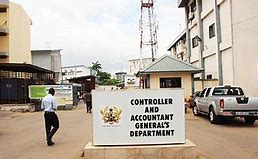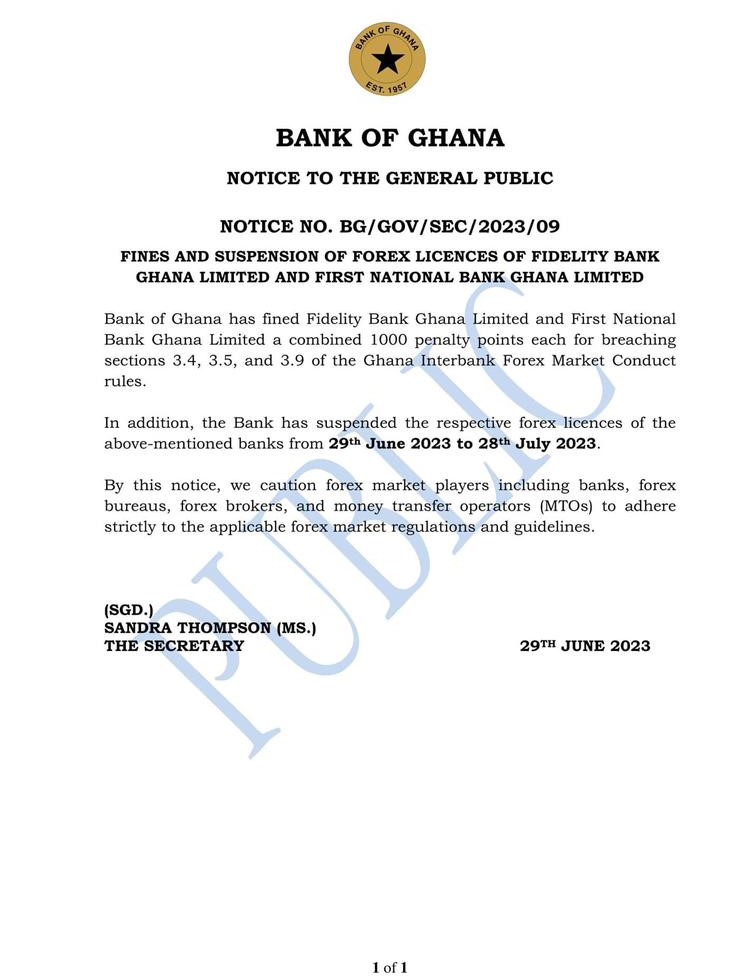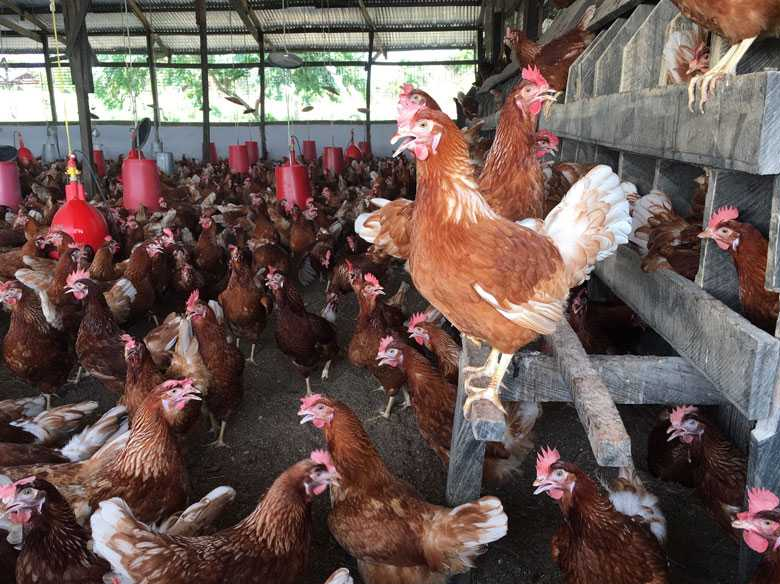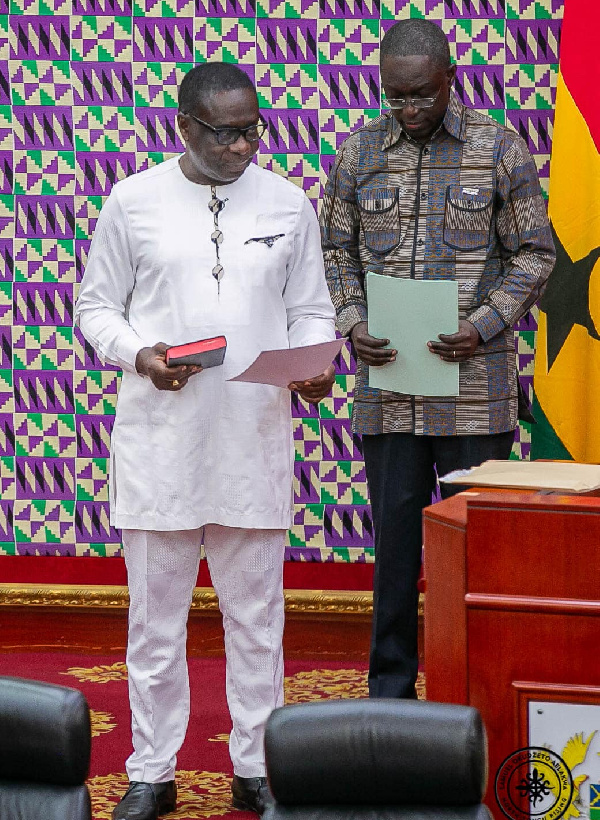Ghana, a country facing a deep economic crisis exacerbated by the COVID-19 pandemic, is striving to exempt loans from the African Export & Import Bank (Afreximbank) from debt restructuring. The finance minister of Ghana, Ken Ofori-Atta, has announced this strategic move to seek new terms on the nation’s $20 billion external debt. By exempting Afreximbank loans, which are considered “concessionary” with lower interest rates, Ghana aims to alleviate its mounting debt pressures and facilitate the recovery of its struggling economy.
Ghana’s Economic Crisis and Debt Challenges
Ghana’s economy experienced a significant downturn in 2020, with a contraction of 1.1%. This contraction marked the country’s first annual decline in nearly four decades. The COVID-19 pandemic wreaked havoc on various sectors, leading to a decline in economic activities, job losses, and reduced revenue generation. As a result, Ghana’s external debt burden intensified, necessitating urgent measures to mitigate the crisis.
Exempting Afreximbank Loans: A Strategic Move
The exemption of Afreximbank loans from debt restructuring holds crucial significance for Ghana’s economic recovery. Ofori-Atta highlights the concessionary nature of these loans, which come with lower interest rates compared to other financial obligations. By exempting them from the restructuring process, Ghana can safeguard its external debt obligations and avoid potential defaults.
Debt Restructuring with Other Lenders
In addition to seeking exemption for Afreximbank loans, the Ghanaian government aims to restructure its debt with other lenders, including prominent financial institutions like the International Monetary Fund (IMF) and the World Bank. Debt restructuring entails negotiating new terms, such as extended repayment periods or reduced interest rates, to alleviate the burden on the country’s economy.
The Importance of Concessionary Loans
Concessionary loans, such as those provided by Afreximbank, play a vital role in supporting countries like Ghana during economic crises. These loans are specifically designed to offer favorable terms, including lower interest rates and extended repayment periods, to enable struggling nations to address their financial challenges. By exempting these loans from debt restructuring, Ghana recognizes their importance in achieving economic stability and recovery.
Impact on Ghana’s Struggling Economy
The exemption of Afreximbank loans from debt restructuring could provide significant relief to Ghana’s struggling economy. By maintaining the current terms of these loans, Ghana can allocate its limited resources more effectively towards critical sectors such as healthcare, infrastructure development, and social welfare programs. This exemption offers a lifeline for the country to regain stability and pursue sustainable economic growth.
Frequently Asked Questions (FAQs)
Q1: What is the reason behind Ghana’s aim to exempt Afreximbank loans from debt restructuring?
A1: Ghana considers Afreximbank loans as “concessionary” with lower interest rates compared to other loans. Exempting them from debt restructuring ensures the country can maintain favorable terms and avoid defaulting on its external debt obligations.
Q2: How does the COVID-19 pandemic contribute to Ghana’s economic crisis?
A2: The COVID-19 pandemic caused a deep economic crisis worldwide, including Ghana. The country experienced a contraction of 1.1% in its economy in 2020, leading to mounting debt pressures and financial challenges.
Q3: What is the significance of restructuring debt with other lenders?
A3: Restructuring debt with other lenders, such as the IMF and the World Bank, allows Ghana to negotiate new terms, such as extended repayment periods or reduced interest rates. This helps alleviate the burden on the country’s economy and supports its recovery efforts.
Q4: How can exempting Afreximbank loans benefit Ghana’s struggling economy?
A4: Exempting Afreximbank loans from debt restructuring provides relief to Ghana’s struggling economy by allowing the country to allocate its limited resources more effectively towards critical sectors, promoting stability and fostering sustainable economic growth.
Q5: What are concessionary loans, and why are they important?
A5: Concessionary loans are loans with favorable terms, such as lower interest rates and extended repayment periods. They are crucial for countries facing economic crises as they provide financial support with manageable terms, helping nations address their financial challenges effectively.
Q6: What are the potential outcomes of exempting Afreximbank loans from debt restructuring?
A6: Exempting Afreximbank loans can help Ghana avoid defaulting on its external debt obligations, provide relief to its struggling economy, and create opportunities for sustainable growth and recovery.
Conclusion
Ghana’s finance minister, Ken Ofori-Atta, has made a significant announcement regarding the country’s aim to exempt loans from Afreximbank from debt restructuring. By recognizing the concessionary nature of these loans and seeking exemption, Ghana aims to secure favorable terms and maintain stability in its external debt obligations. This strategic move, combined with debt restructuring efforts with other lenders, presents an opportunity for Ghana to overcome its economic crisis, support recovery, and foster sustainable growth in the future.
















